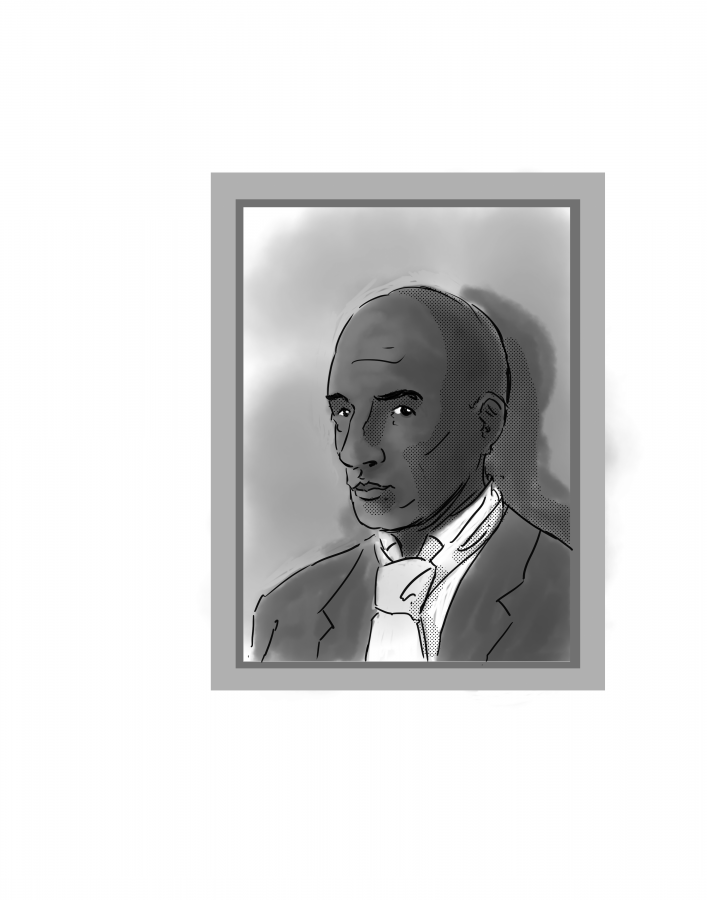“We hold these truths to be self-evident that all men are created equal…”. This notion and our collective struggle to form a society that is guided by this principle are central to our nation. Key to this continual struggle is what we mean by the phrase “all men.” Our forefathers, all elite Anglo men, had a particularly narrow definition, which included only propertied white men like themselves. Over the course of the last nearly 250 years, a key moral dilemma for our society has been the expansion of this idea of the equality of “all men,” to the realization of a society where all people have equal possibilities for equitable social, political and economic outcomes.
Our University opened in 1883 with the intention to be a “university of the first class.” This was in Texas just after the end of the short-lived and much-maligned experiment in racial democracy known as Reconstruction. Amidst the remnants of a resurgent antebellum, white elite established the University as a Neo-Confederate institution. All of its first regents were Confederate officers or diplomats, as was its first president. The new University was an engine for the construction of a “new Texas,” free of the political dominance of the North and its insistence on racial democracy but at the same time free of the stagnation of a preindustrial, agrarian, slave-based economy.
This new University for a new Texas was progressive in its advocacy of science-based, capitalist development of the state and, in allowing women to participate as students and in a limited capacity as faculty members. However, the University failed in its moral obligation to educate the state’s citizens equitably. In the case of women, the University consigned them in its early years to certain disciplines as students and faculty and even to specific areas of campus for their housing and recreational needs. The University barred all but a few people of color from student and faculty positions, with the exceptions of a sprinkling of foreign students and children of Tejano elites. Of course, the state barred Black students and faculty from participating in historically white universities, including UT, until the 1950s and 60s.
These days, the moral issue of equity is increasingly referred to as a matter of diversity. This is in part a response to legal rulings establishing that Universities’ efforts to diversify their student populations can only be based on the common educational goal of
enriching the educational experience of all students. Calls for diversity rather than equity at institutions of higher education are also often based on analogies with the business world, where the argument is made that markets are diverse and so the diversity of a work force is important to reach all sectors of a marketplace. What these notions of the benefits of diversity ignore, and what is being lost on our campus, is the moral imperative of equity.
The University of Texas at Austin is a great university and an extremely important force for good in our state and country. However, its power and place are based in an immoral and unethical past in which the basic principles that we claim govern our society were violated, causing lasting harm to large and important sectors of our citizenry. What is more, many of these inequities continue to exist. Women faculty are underpaid and underrepresented in certain disciplines. Black, Native American, and Latino people are underrepresented as students and faculty. Though we have made some advances many other forms of inequity, such as those with relation to our other-abled and LGBTQ+ communities continue. In other words, as a University community, we have still not fulfilled our moral and ethical ideals.
Our University has chosen to focus on diversity as a positive good and a goal. This, I support. However, it is important that we think of this work as part of the larger task to create a community and institution that lives up to this society’s moral imperative that all are created equal and that all should be treated and educated as such. We must engage in an effort not just to diversify our campus but to create a moral community dedicated to the elimination of inequity.
Gordon is an associate professor and the chair of the Department of African and African Diaspora Studies.
















